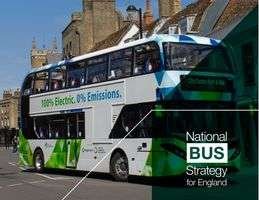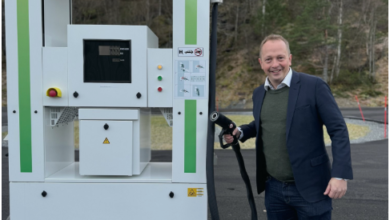England aims for 4k electric and hydrogen buses

The UK government has announced a national bus strategy that would see £3 billion investment in the public transport sector across England. The government has also started a consultation to determine the phase-out of the sales of new diesel buses.
As a part of the Prime Minister’s 10-point plan for a green industrial revolution strategy, the government has promised to deliver 4,000 new electric or hydrogen buses built in the UK by the end of this parliament.
Department for Transport statistics shows that during the last financial year (2019/2020), the UK had 38.2k buses on roads where 94.9% of them were powered by diesel while 2.7% were Diesel-Hybrid, a very few hydrogen and battery-electric buses.
Hydrogen-powered buses can also help contribute to the decarbonisation of the transport system. It is estimated that around 3% of transport greenhouse gas emissions in the UK are produced by buses and coaches. In 2019/2020, buses made 4.07 billion journeys in England, which was twice the railways.
The government aims to make public transport affordable, convenient, and comfortable to make the bus service attractive. A fully-loaded double-deck bus is estimated to remove 75 cars off the road, ultimately reducing pressure on roads and improving the environment.
To promote hydrogen fuel cell buses, infrastructure and particularly the hydrogen supply is essential. The UK set a target to install a 1 GW low carbon hydrogen production capacity by 2025, increasing to 5 GW of production capacity by 2030. Currently, there are only 12 public hydrogen refuelling stations across the UK.
